Sing Sing
Released July 12, 2024
Directed by Greg Kwedar
Written by Clint Bentley, Greg Kwedar, Clarence Maclin, and John “Divine G” Whitfield
* No Spoilers *
Sometimes you can tell a film will be special from the very first scene, and then it continues to make good on that promise as it unfolds. It ensnares and never lets go, embracing and enveloping the viewer with a compassionate warmth that feels transcendent. It doesn’t happen often, but when it does, I’m reminded of why I love movies so much. That may feel a bit over the top but is absolutely how I felt about Sing Sing. Moving, endearing, and genuine. This was a beautiful experience from start to finish, and I yearned to go back and watch it again as soon as it concluded.
Sing Sing gets its title from a real maximum-security prison and its Rehabilitation Through the Arts program, where inmates create and perform a theatrical stage play for the rest of the prison’s population. This true story follows a group of inmates as they work through the process of producing the play, while also dealing with the realities of incarceration and looming applications for parole.
Eternally hopeful, this film doesn’t manipulate the audience by exploiting the characters’ trauma as most prison films do. Their struggles and challenges are certainly present, but the focus is on them as a group of men—complex and valued individuals, not convicts or criminals. Seeing these men reclaim their dignity, embrace vulnerability, and foster a genuine camaraderie is deeply heartwarming. Even the initial hesitation and reticence the characters feel about giving themselves to the program speaks to the sense of realism. I can’t remember the last time I experienced a more wholesome portrayal of masculinity.
Shot on 16 mm film and full of tight close-ups, the visuals are rich, textured, and gritty. Adding a level of authenticity that makes this feel like it could be a documentary—which, in many ways, it is. Aside from Colman Domingo (Euphoria) and few others, the cast is entirely made up of former inmates who themselves participated in this program while incarcerated. The sincerity of the characters and their performances makes it impossible to not to become emotionally invested, and much of that is attributed to the incredible cast.
The program’s former alumni play themselves, tapping into something so raw that you would never think they are amateurs. Paul Raci (Sound of Metal) as the group’s director and mentor is excellent. Likewise, Sean San José (co-founder of Camp Santo) is fantastic as Mike Mike, a jokester who resides in the neighbouring cell next to Domingo’s characters.
John “Divine G” Whitfield is the lead and is brilliantly played by Colman Domingo. His character was wrongfully convicted and is struggling to prove his innocence. He also has a history in theatre, both as an actor and a writer. Divine G is a natural talent, who truly believes in the rehabilitative power of the program. Domingo’s portrayal is deeply authentic, tapping into a complex vulnerability that immediately endears you to him. His character embodies an infectious optimism, but there is a darker edge that lies repressed. It is seen briefly, but is challenging and heavy, and Domingo plays it perfectly. Showing subtle glimpses of his shell being cracked until it’s shattered by grief and hopelessness. This isn’t the first powerhouse performance from Domingo, but it is one that demands recognition.
The stand out of this film is Clarence Maclin, who plays himself and also co-wrote the story. I was dumbfounded that Maclin is not a professional actor. He especially excels in scenes with Domingo, bringing to life a palpable tension and resistant camaraderie. It’s an incredibly subtle and nuanced performance for someone with so little experience. Maclin’s character is skeptical of the program’s worth and begrudgingly joins just to appear better for his parole application. The conflict this creates with Divine G and their ensuing rivalry smoulders with palpable intensity. The relationship evolves throughout the story, and the way both actors embody the incremental emotional shifts is powerful.
The musical score by Bryce Dessner (The Two Popes), is contemplative, melodic, and mesmerizing. Slow horn sections and rhythmic strings, create a serene and deeply hypnotic undercurrent through the film. It’s so pervasive that it imperceptibly guides the emotional journey of our characters without drawing attention to itself— except when it wants to really hit you. Theres one scene where Maclin and Divine G’s tense rivalry finally leads to a confrontation. The music goes completely silent, and even the subtle sound of the building’s fans is muted, forcing your attention on the moment. It’s an incredible use of sound design that turns an already tense situation into a captivating character moment.
Society offers so little space for men, especially racialized and incarcerated men, to explore their feelings. It is a taboo, and they are rarely permitted to simply exist as human beings. We reduce their identities to fit into stereotypes or remain defined by their occupations or even criminal histories. This is made painfully clear by the parole board’s interactions with a character as he makes an earnest and sincere case for his release. It’s terrifying to open up and puts you at a grave risk. As one character states “Everybody wants a piece of your feelings…and because you care, you open up. And that’s when the hurting come on in, you know.” Acting, particularly in live theatre and as part of an ensemble, is a tremendously vulnerable and exposed experience. Getting over one’s own resistance and tapping into your emotions is liberating. It’s a beautiful mirror to the physical imprisonment of our characters. By unshackling their hearts, a part of them can be free, despite remaining behind bars.
Sing Sing is a profound and deeply authentic film, tackling the challenges of emotional vulnerability and reclaiming humanity. Joyous, endearing, and sweet. I was left smiling ear-to-ear even as I held back tears. While perhaps too uplifting or sanitized for more cynical viewers, its emphasis on hope in an otherwise desperate situation makes the moments where it embraces grief all the more compelling. The performances, whether from professionals like Colman Domingo or amateurs like Clarence Maclin, are spellbinding. This is a film that will captivate you, embrace you with love, forgiveness, and grace, and ultimately leave you with a deep sense of vulnerability and catharsis.
9/10 - A powerful testament to the transformative potential of the arts, this is a film I wholeheartedly recommend—one that showcases the profound impact art can have, even for those in the most challenging circumstances.
*Read more about the RTA (Rehabilitation Through The Arts) program here



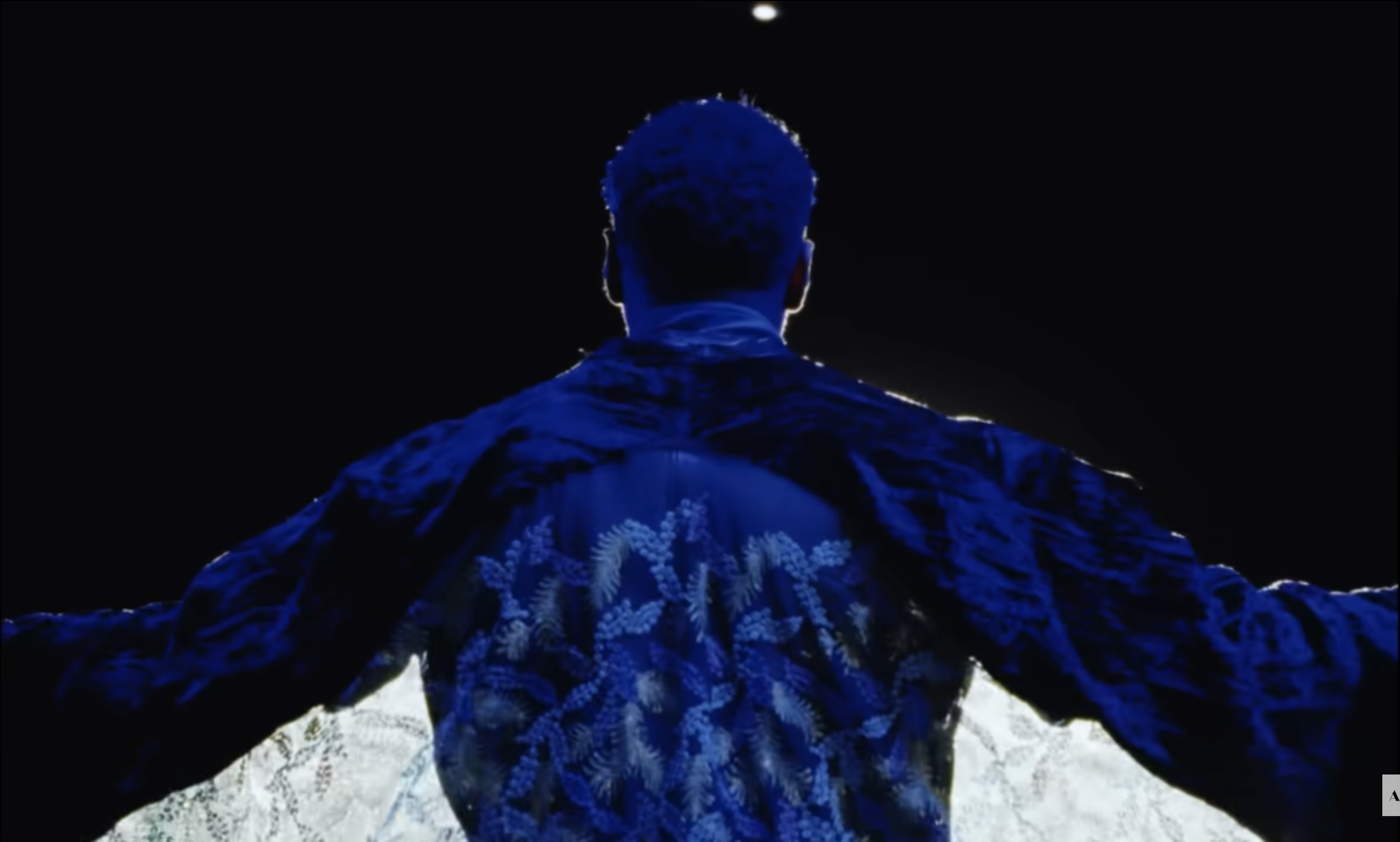
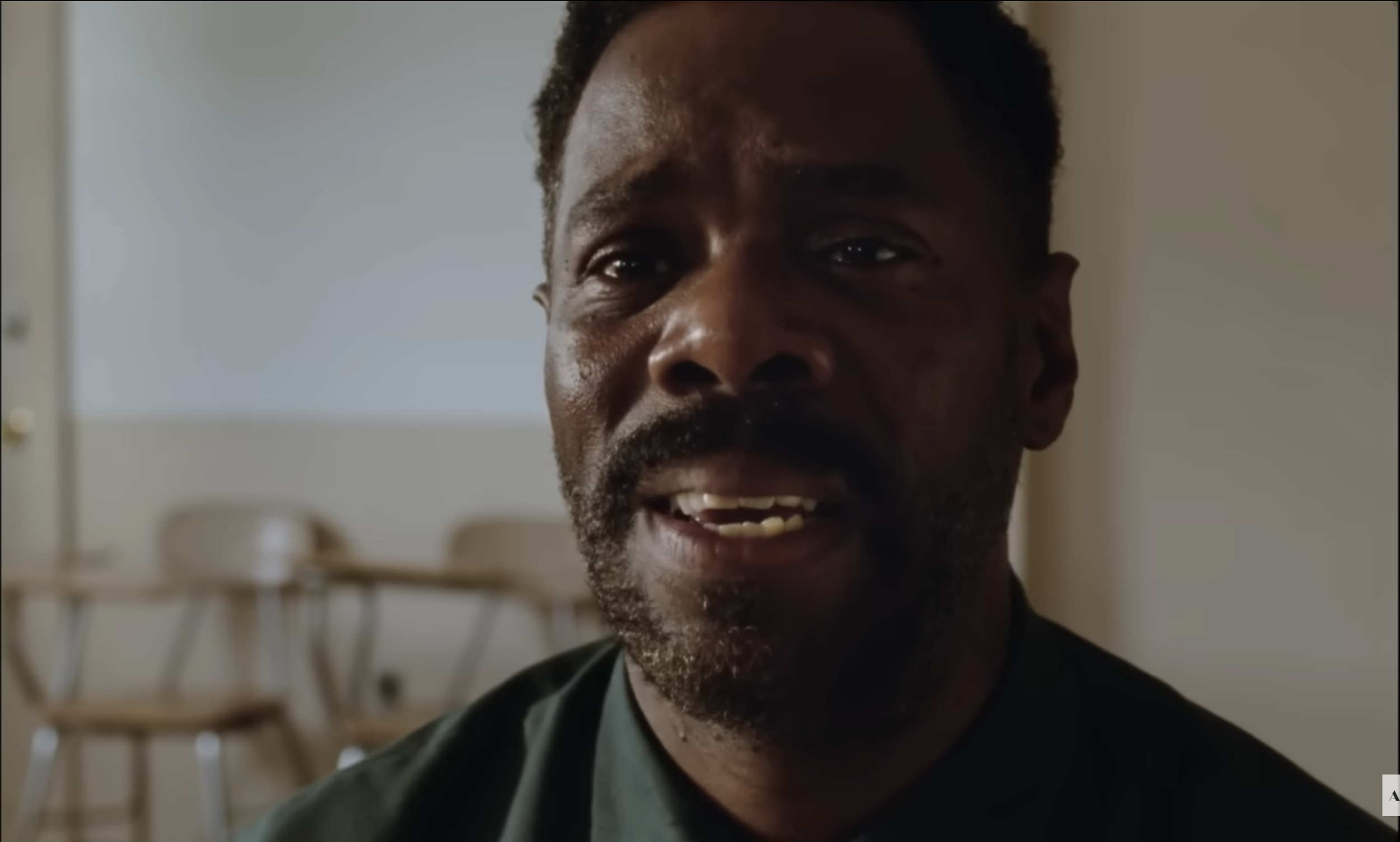
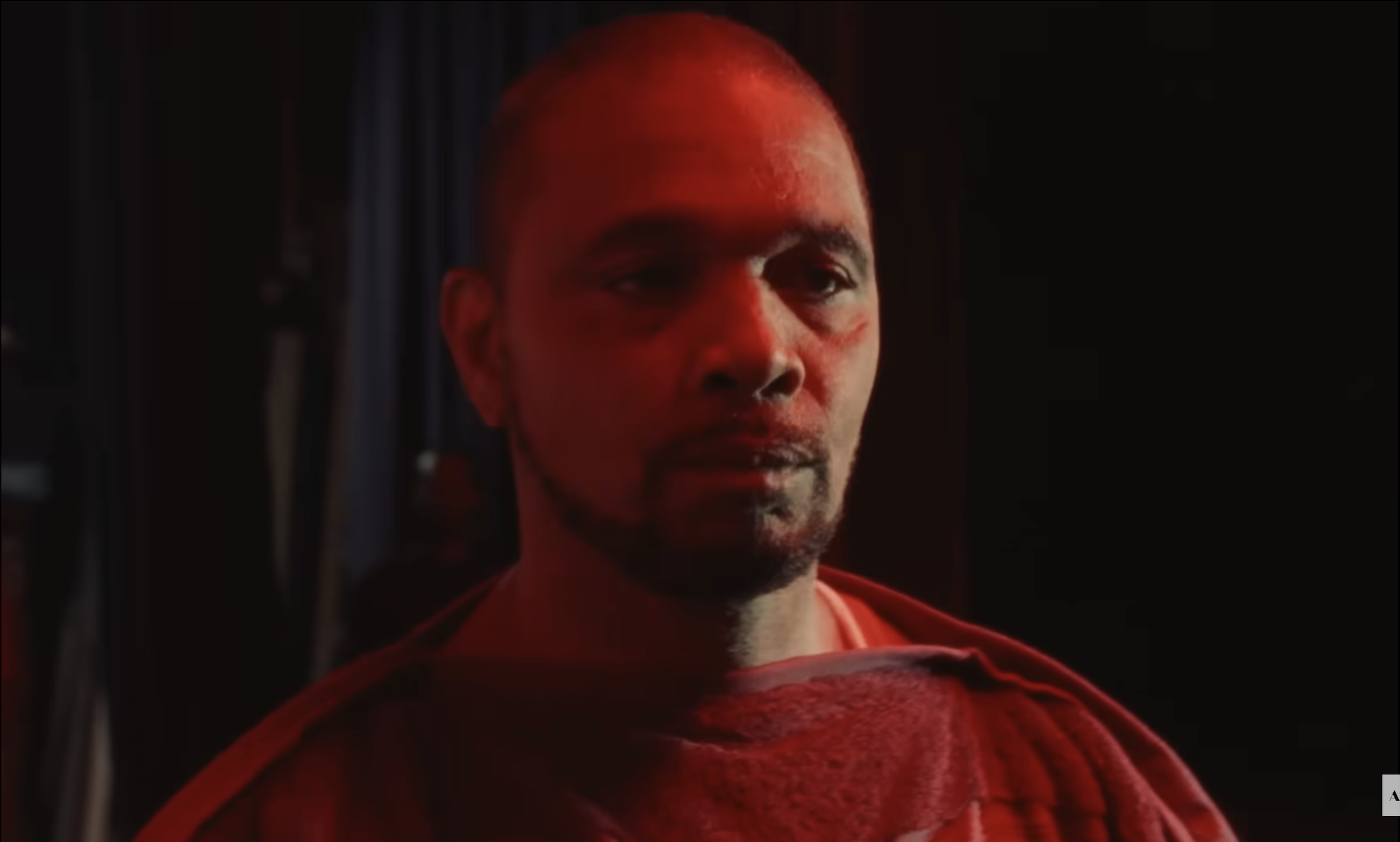
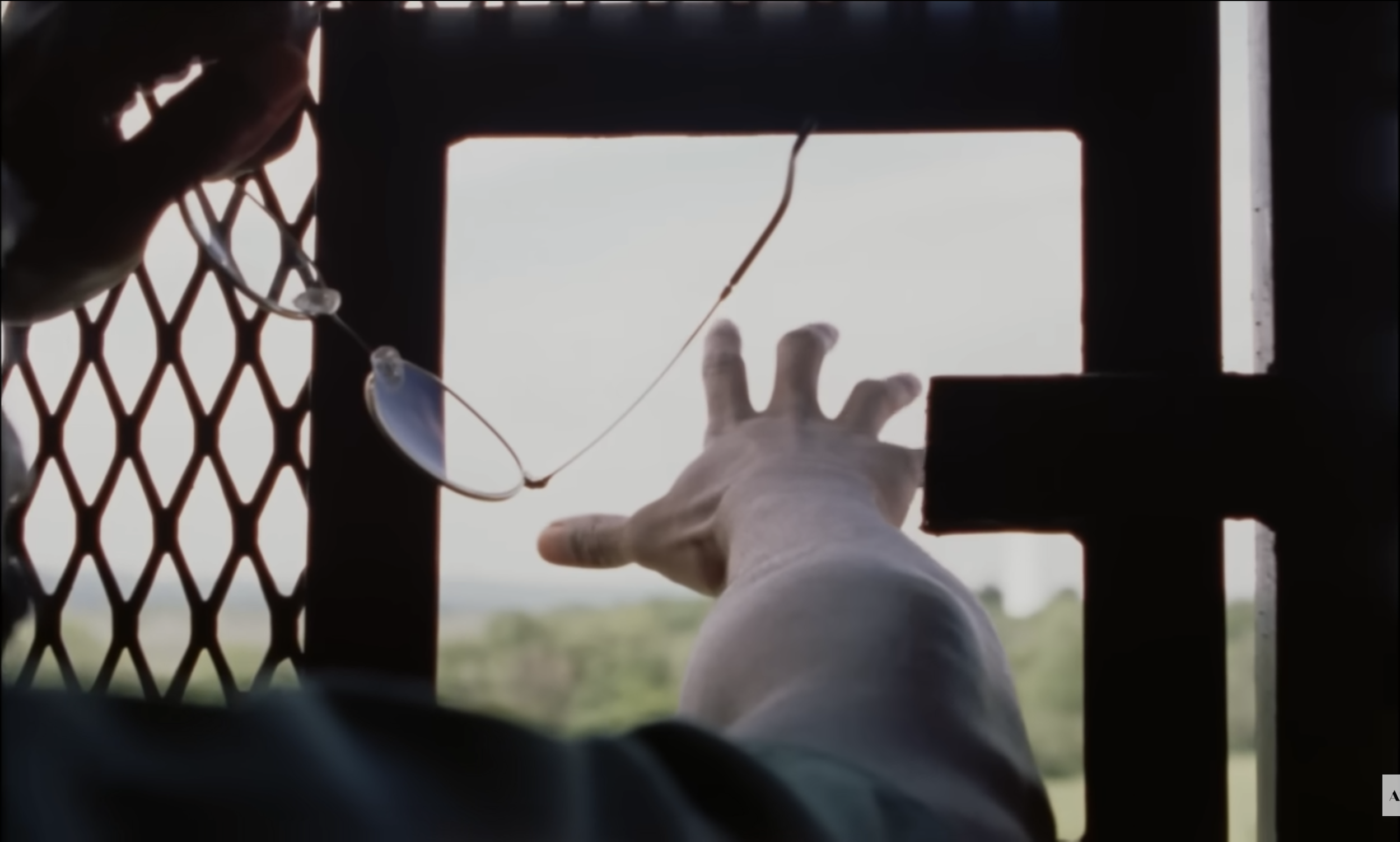
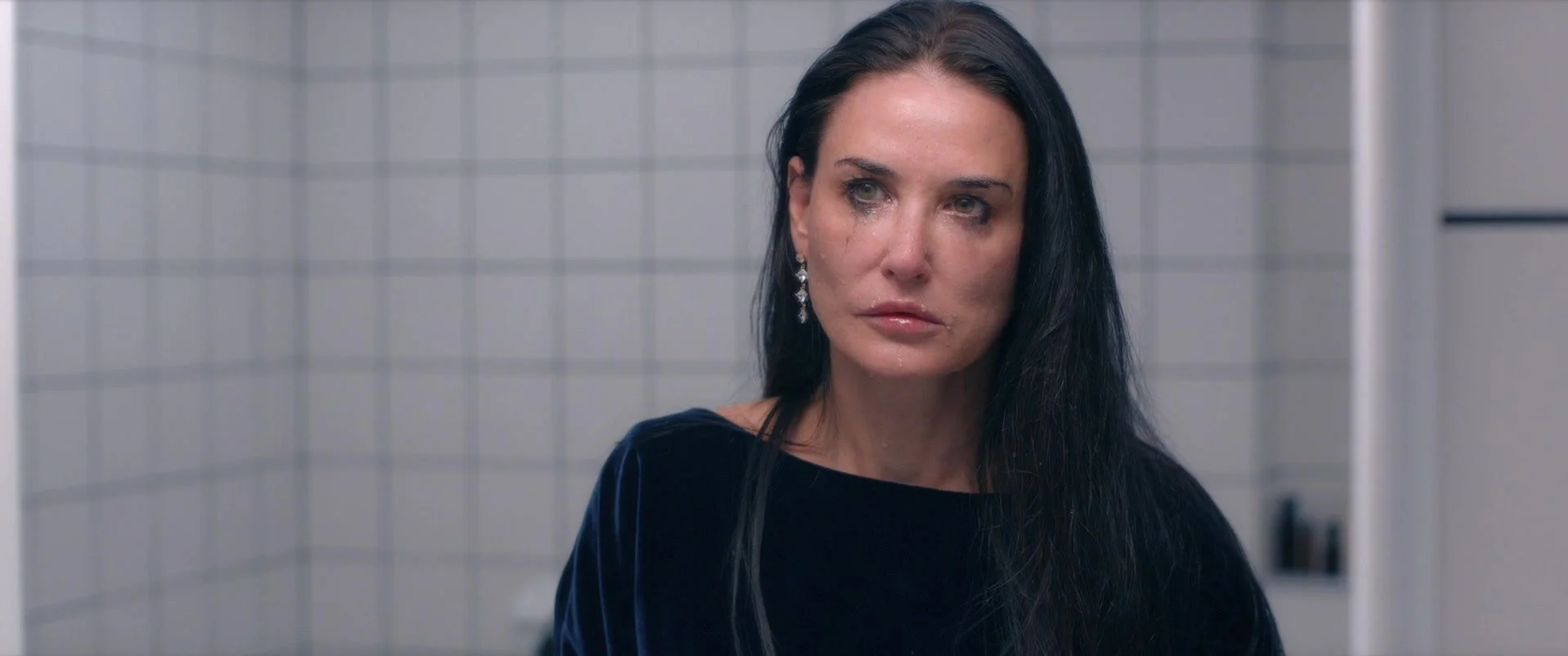

A spoiler-free review of Matthew Rankin’s surreal, hilarious, and heartfelt love letter to the city of Winnipeg. Shortlisted for an Academy Award for Best International Feature Film at the Oscars.